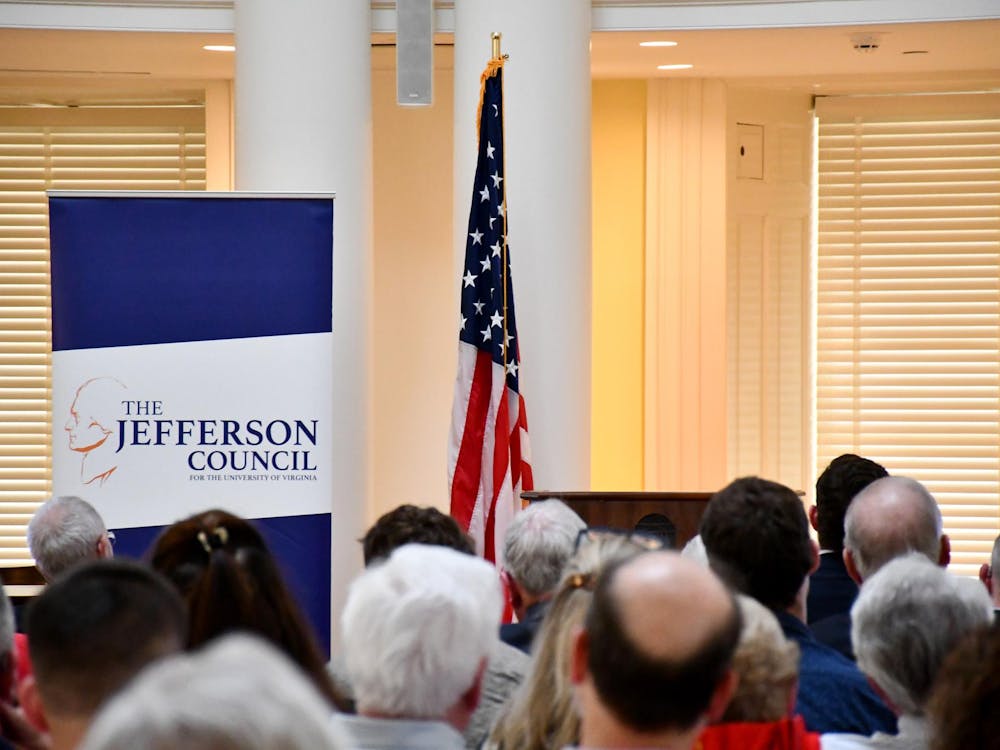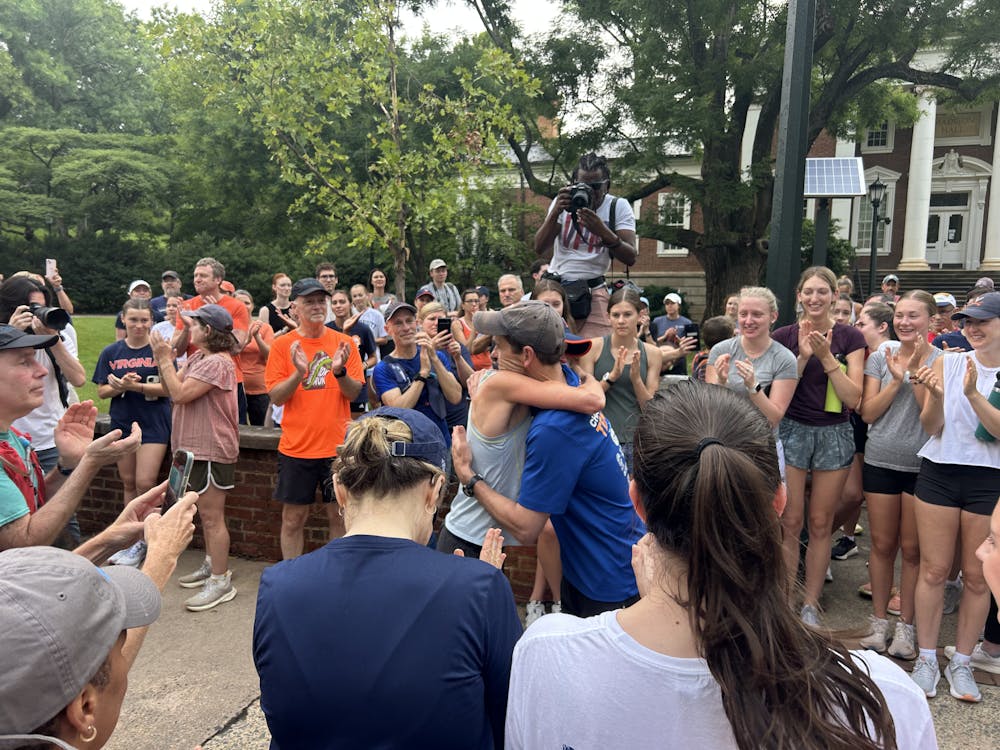ONE IN FOUR: Not coincidentally, the name represents both the number of women who are sexually assaulted at the University as well as the on-grounds CIO working to ameliorate the problem. By far the saddest thing about being a fourth year is that the statistic that gives the CIO its name has barely budged. While this is due to a large array of factors, prosecutions are undoubtedly obscured by one ubiquitous variable: alcohol. In response to the confusion created by alcohol, the University could create stricter, clear-cut standards for our community.
Specifically, the University could introduce a new standard of liability into all sexual assault and rape cases: If the victim is under 21, and the perpetrator is over 21, and there is alcohol involved, the perpetrator should be strictly liable. In other words, his liability, like in cases of statutory rape, would be simply in the act, with minimal tolerance for traditional mitigating factors ("I also drank," "I thought he/she was 21," etc). By doing this, University policy would compliment long-standing principles underlying statutory rape and alcohol consumption.
Specifically, statutory rape is premised on the idea that before the age of 18, individuals are assumed incapable of providing consent in such relationships, where the minor is at an emotional, physical and psychological disadvantage that renders her relatively powerless. Similarly, individuals under 21 who are under the influence of alcohol cannot be considered capable of giving consent in any meaningful sense. At the same time, the law gives special recognition to those at or above the age of 21, who are more mature and thus capable of handling alcohol. These individuals, upon taking advantage of this maturity, should, like statutory rapists, be held strictly liable for their actions.
Doing this would have several effects. First, it would reflect a culture in which taking advantage of minors under the influence is completely unacceptable. Second, it would provide a serious disincentive to individuals inclined to think that inebriated sex with minors is morally permissible. And finally, it would reduce the burden of proof, thus facilitating prosecutions. A successful prosecution would simply have to answer two questions: First, is the defendant over 21 and the plaintiff under 21? Second, did the defendant engage in sexual contact with the plaintiff while the plaintiff was under the influence? A "yes" to both of these questions should result in an immediate prosecution.
Such suggestions immediately invite disagreement. Some people contend that the proposition may be too strict. This is a seriously flawed response. First of all, taking such a consideration into account only enforces already existing law. Sex is required to be a consensual activity and, while under the influence, individuals are not deemed capable of giving consent. Often times, contracts signed by inebriated individuals are held invalid. Changing the liability in the way I described is even more conservative than such laws. It only creates a strict liability burden when the plaintiff is under the legal drinking age. Therefore, it carries the weight of both statutory rape law and the simple principle that inebriated consent is not legal consent. And again, this would send a desperately needed moral message: sex with inebriated minors is not okay.
Now what can the University do? University spokesperson Carol Wood was unavailable for comment, but the issue could be addressed by a simple change in liability standards. Currently under Section I-B of the Sexual Assault Board's Procedures for Cases of Sexual Assault, in cases relating to alcohol, an individual sexually assaults another when they do it "intentionally" and commit it by "causing another's intoxication" or "taking advantage of another person's intoxication."
The requirement that such actions be "intentional" is a burden too high given the gravity and nature of the crime. Currently, bars serving drinks to minors are strictly liable for their actions, even if the individual had a convincing fake-ID. Also, adults having sexual relations with minors are also strictly liable for their actions, even if the minor had them completely fooled. Just as the idea of "intention" is neglected in these scenarios, nor should it be a consideration when someone over 21 has sexual relations with an intoxicated minor. The urgency of an individual's desire to engage in sexual relations does not justify his unwillingness to verify who exactly he is having these relations with and under what conditions. That he did not "intentionally" overlook this obvious responsibility is no moral excuse, and thus should not be a legal excuse.
The University's success with such a standard could perhaps later be incorporated into state law. In the meantime, however, making this change would help to create that "community of honor" about which I was told during orientation four years ago, when I did not know that one in four of my female peers would be sexually assaulted. Four years later, it single-handedly represents the worst feature of our University -- one that, during my time here, has unfortunately survived unscathed.
Sina Kian's column appears Tuesdays in The Cavalier Daily. He can be reached at skian@cavalierdaily.com.






